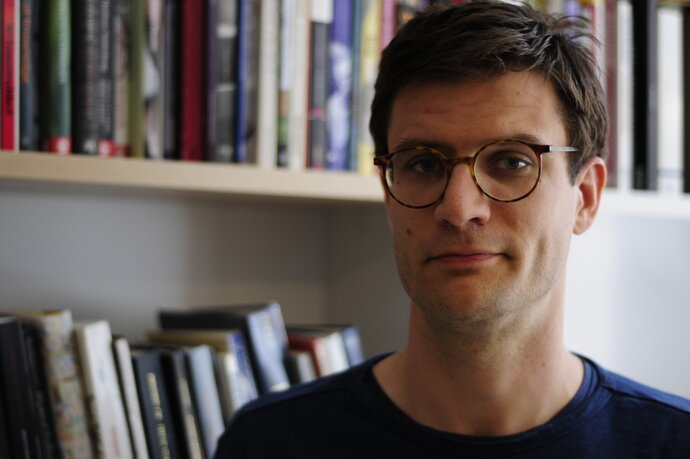Written by:
David Larsson Heidenblad, Associate Professor, Department of History
Last summer, I re-read computer scientist Radhika Nagpal’s classic article “The Awesomest 7-year Postdoc or: How I learned to Stop Worrying and Love the Tenure Track Faculty Line” (Scientific American, 2013). It is a personal and inspiring – but above all practical – text on how to concretely combine a demanding family life with an academic career at an elite American university. At the time of writing, Nagpal was working at Harvard and she is now a professor at Princeton. She has neither the same gender nor the same cultural background as most of her colleagues. So what is the secret?
Part of her solution was to set limits on how often she could do certain things. For example, she decided on the maximum number of committees she could sit on in a year, the number of review missions she could do and the number of times she could travel for work. Once she had reached one of her various quotas, she could not take on any more work of that kind, no matter how tempting.
With this system in place, she managed to become extremely restrictive. If you have five professional trips a year, you can’t accept every external invitation that comes your way. Most workshops and conferences are out of bounds. You just have to embrace the ‘joy of missing out’ (JOMO).
For me, the travel quota was an eye-opener. By the time I returned to Nagpal’s text, I had booked five trips in August-September alone. This was the same period as my wife began her final year of training as a judge and our middle child, who has autism and an intellectual disability, would start special school. Two things I knew would put pressure on us as a family. What had I been thinking? My gut feeling was not good. I decided that the academic year 2022-2023 should be a year completely free from work trips and evening events. I started writing emails. Canceling, dropping out, asking if things could be done via Zoom instead.
How did it go?
Once I had made the decision, it seemed natural. There were no negative reactions from colleagues either. Quite the opposite. To be honest, it felt quite liberating.
I can count on one hand the number of exceptions to my self-induced travel policy. It was not always easy to follow the plan. But it always felt right. Because at home I could really feel how much easier life was when good margins were in place. And as the saying goes: “If things don’t work at home, things don´t anywhere else either”.
Has this had a negative impact on my career? Well, it’s hard to say. I think conferences and travel are mainly about building and maintaining relationships. And that can be done in other ways. This year I have been more proactive in meeting people in the Lund-Malmö area. There have been many nice lunches! I’ve also made sure to organize things and invite people I want to meet to come. I also take the opportunity to meet people when they happen to be around.
Also, Zoom meetings, email exchanges and a blog are pretty good ways to keep social things going. So no, at this stage of my life and career, I wouldn’t say that a year without academic travel has been much of a sacrifice.

